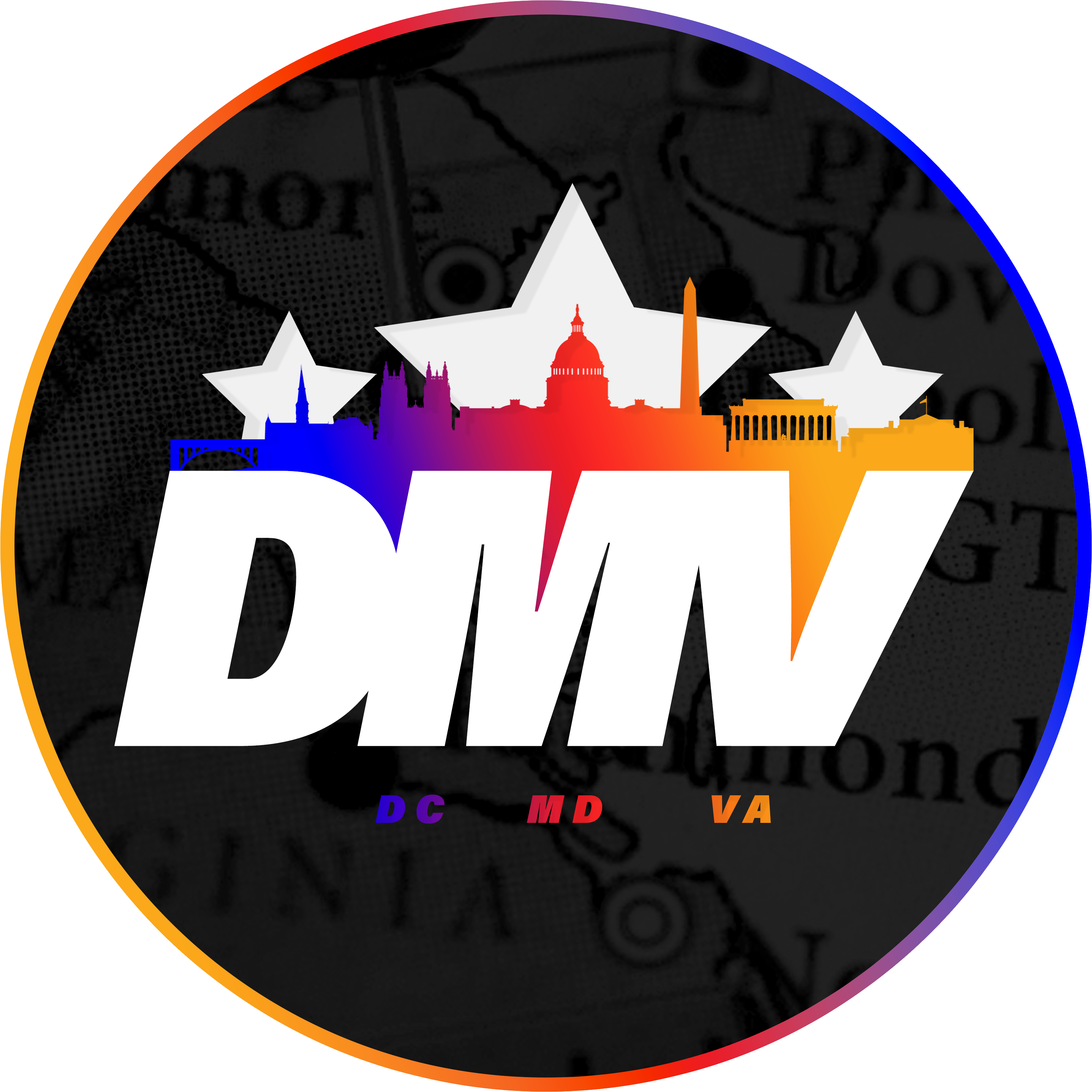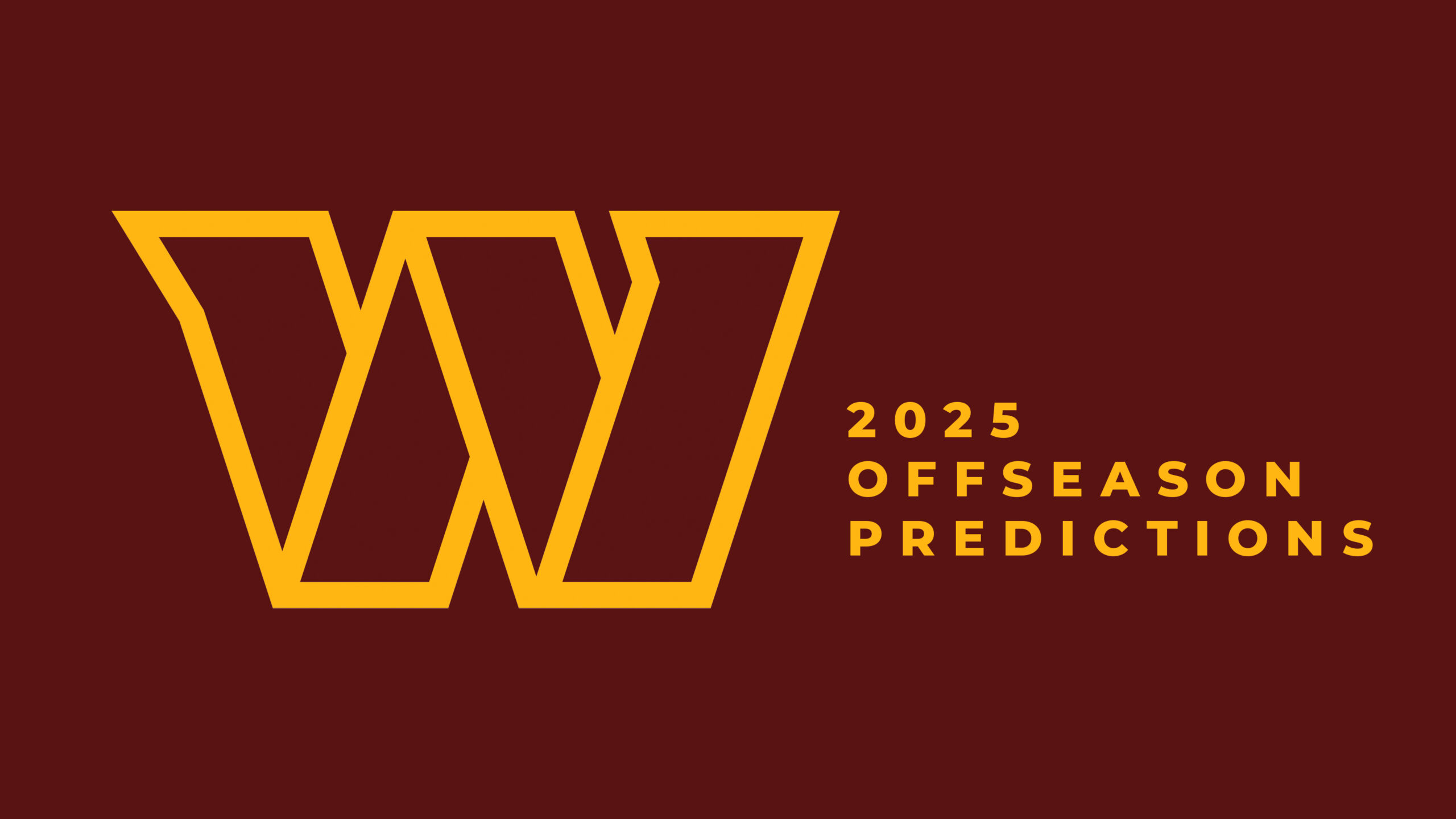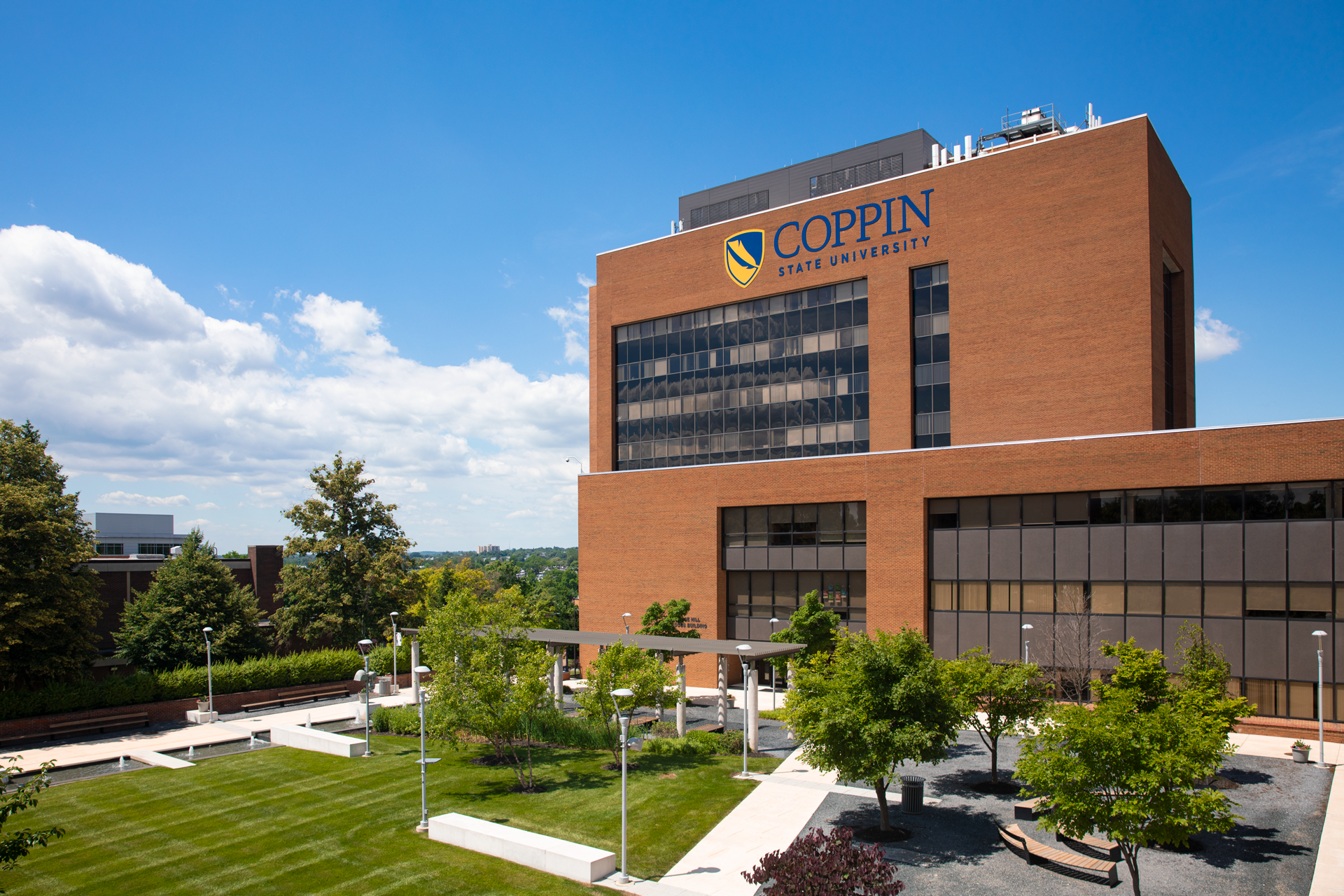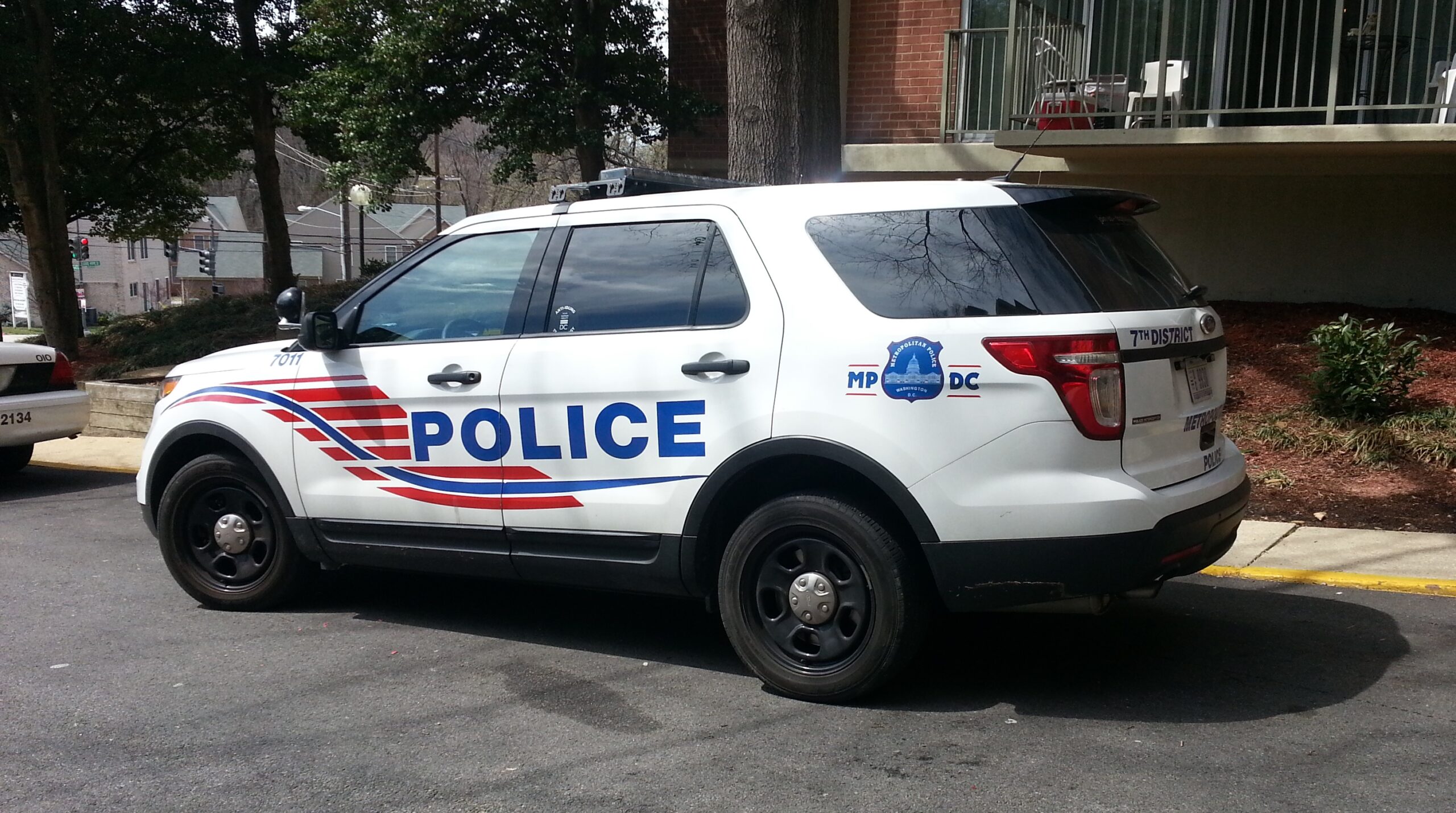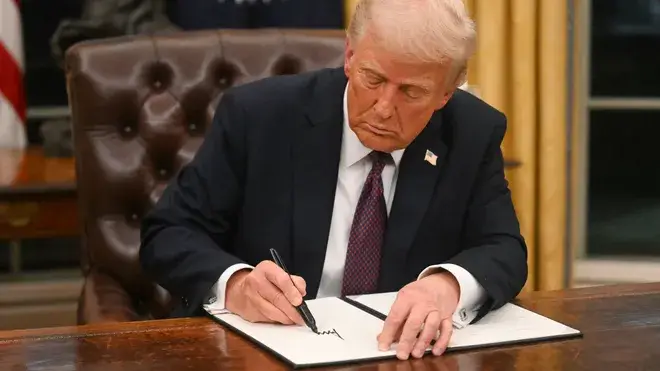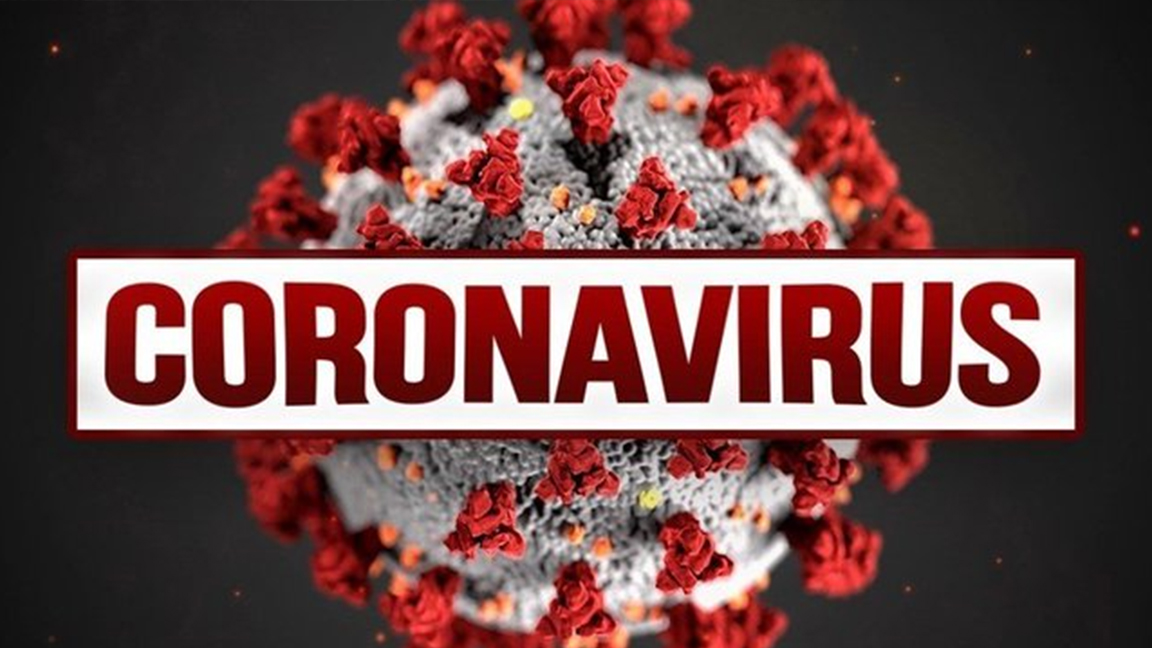
Mnuchin says White House will send $1,000 checks to most Americans within 3 weeks
Treasury Secretary Steven Mnuchin said on Thursday the White House is working to send $1,000 checks to most adult Americans within three weeks to offset the coronavirus pandemic, which has forced life in the U.S. to come to a grinding halt.
“We’re going to get out of this quickly,” Mnuchin told FOX Business’ Maria Bartiromo.
The cash checks are part of a broader $1 trillion plan introduced by the White House earlier this week. It includes $300 billion for small businesses to hire people and keep workers on the payroll; $200 billion for more facilities with the Federal Reserve for secured lending to hard-hit industries like airlines; and $500 billion in money “direct deposited” for most Americans. Social distancing is not only about preventing the illness itself, but rather, slowing the rate at which people get sick.
Mnuchin said adults would receive an immediate payment of $1,000 and children would receive $500 under the current proposal. A family of four would receive as much as $3,000. If the crisis is still ongoing in six weeks, Mnuchin said, the federal government will deliver another round of checks worth the same amount of money.
“That’s a lot of money to hard-working Americans who are at home,” Mnuchin said.
It’s unclear what the income threshold will be for Americans to qualify for the checks. However, according to the Hill, Senate Republicans are reportedly considering making the limit $75,000 for individuals and $150,000 for couples.
“I think it’s clear we don’t need to send people who make a million dollars a year checks,” Mnuchin said earlier this week.
So far, the White House and Congress have passed two stimulus packages, including $8.3 billion in funding for prevention efforts and research, and a bill that extends paid sick leave to most Americans and provides free testing for COVID-19, the disease caused by the novel coronavirus. Americans have never received genuinely unrestricted cash before. The White House sent checks to Americans in 2001 and 2008 to address recessions at the time, but they were considered rebates to taxpayers.
It’s still unclear how sharp an economic downturn would be in the U.S., but social distancing has led to school cancellations, mandatory work-from-home policies, grounded airplanes, anchored cruise ships and the abrupt closing of shops, restaurants and bars throughout the country. The shutdown of a significant part of the economy is almost guaranteed to cause a huge slump in consumer spending, which powers about two-thirds of the country’s GDP, indicating it could cause deep economic pain.
This is a developing story. Get updates on this story from foxbusiness.com.
